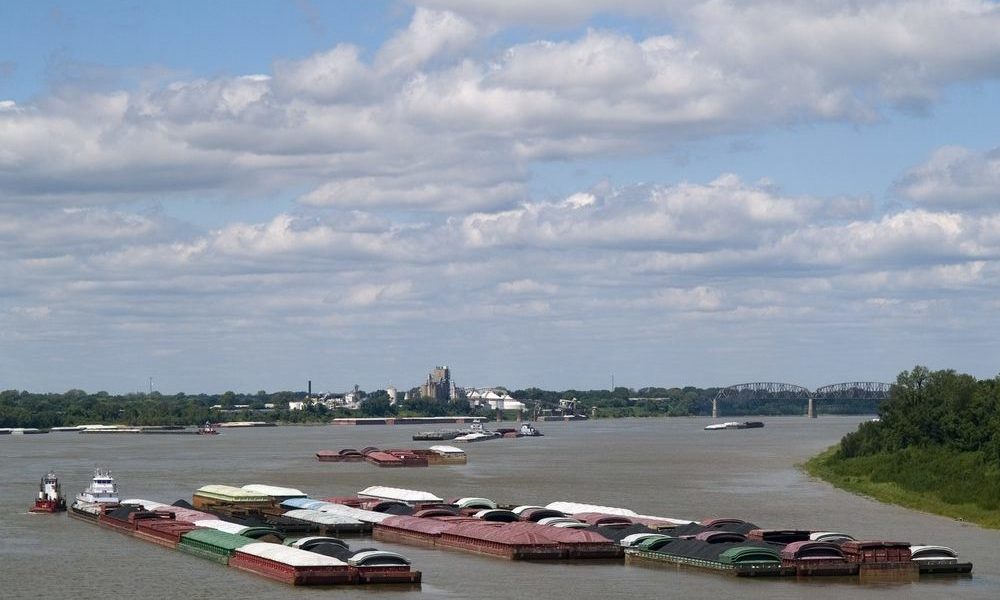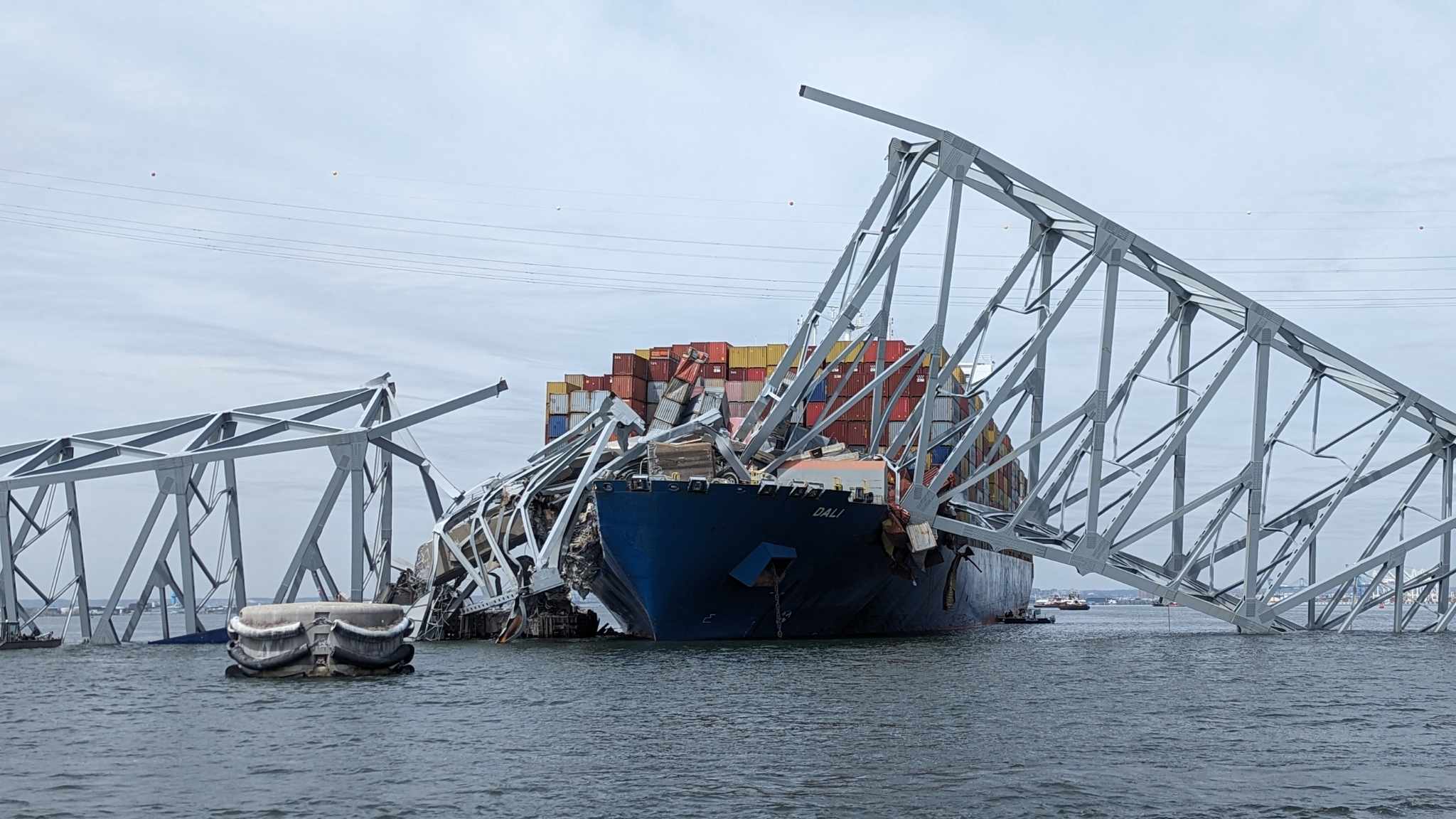The U.S. Coast Guard is warning vessel owners and operators of the hazards associated with water and other contaminants in marine fuel systems.
The Coast Guard’s Inspections and Compliance Directorate issued Safety Alert 06-22 on Thursday addressing the issue.
The safety alert comes after a Coast Guard investigation into a loss of propulsion on a towing vessel while operating in a pushing configuration on the Mississippi River approximately three hours after getting underway and about 3.5 hours after receiving fuel from a shore-side facility. Fortunately, there were no significant damages or injuries as a result of the incident.
The subsequent investigation revealed that the vessel’s fuel tanks and fuel service system to the engine were heavily contaminated by water, so much so that the vessel’s engines initially suffered a reduction in power before shutting down completely, resulting in a total loss of propulsion.
Vessel operators and engineers have long known the hazards associated with contaminated fuel, but fortunately, advancements in fuel quality standards and onboard purification and filtration systems have resulted in fewer casualties tied to the issue. But improvements of main engine designs have also resulted in precise machining and smaller clearances in engine parts, including pumps, bearings, cylinders, burners and injectors.
With this in mind, contaminants such as sediment and water can have detrimental impacts on equipment designed to operate on clean, water-free fuel and, in addition, because fuel is constantly consumed while the vessel is operating, there must be continued vigilance in fuel procurement, as well as system operations and maintenance, in order to maintain fuel quality.
While large ships often have the benefit of having the space and power available to operate centrifugal purifiers, the same cannot be said for smaller vessels operating only on rivers or lakes. These types of vessels often only have one or two filters installed directly in the fuel supply line and those types of filters are not as efficient as centrifugal purifiers for removing water.
“The effects of water and other contaminants in fuel systems can be detrimental to the operation of any vessel,” the Coast Guard’s safety alert says. “From large commercial ships operating internationally, to inland towing vessels and recreational boats, failure to ensure a supply of fuel free of water and contaminants can have devastating consequences.”
As a result, the Coast Guard strongly recommends that vessel owner and operators take a number of steps to help the prevention of water and contaminants in fuel. These steps include:
- Ensure that fuel supplies (bunkers) meet the engine manufacturer’s specifications for important parameters such as viscosity and cetane number, as well as any regulatory requirements such as flash point and sulfur content.
- Include regular fuel oil sampling and testing from service tanks as part of a periodic maintenance system.
- Ensure that fuel filters are of the correct flow rate and filtration (micron) rating, and that an adequate supply of spare filters is kept onboard.
- Consider the use of duplex filter systems to enable switching from clogged to clean filters, as well as the use of filter differential pressure gauges to monitor the condition and cleanliness of the filter element.
- Consider the use of a water sensor in diesel tank or filter system to monitor water content in fuels. These sensors may be combined with displays and alarms to indicate excessive water and are generally more effective at detecting rising water content than periodic manual sampling.
- Ensure that a means is provided, usually by a valve and piping arrangement, to periodically sample the fuel being received during bunkering.
- Have a plan in place to recover from any engine shutdown that occurs because of water contamination in fuel. Fuel severely contaminated by water or other impurities has the potential to cause damage to the engine in a number of ways, including subsequent contamination of the lubricating oil system.
Safety Alert 06-22 can be found on the Coast Guard’s Office of Investigations Casualty & Analysis’ Safety Alert website.

 Join The Club
Join The Club











